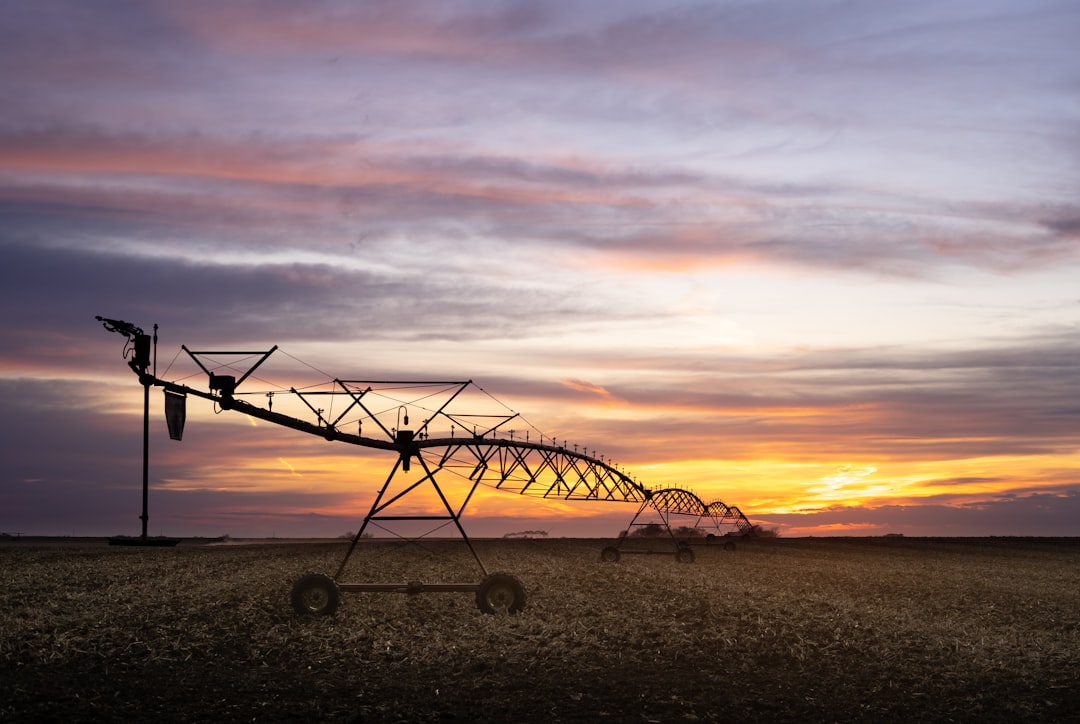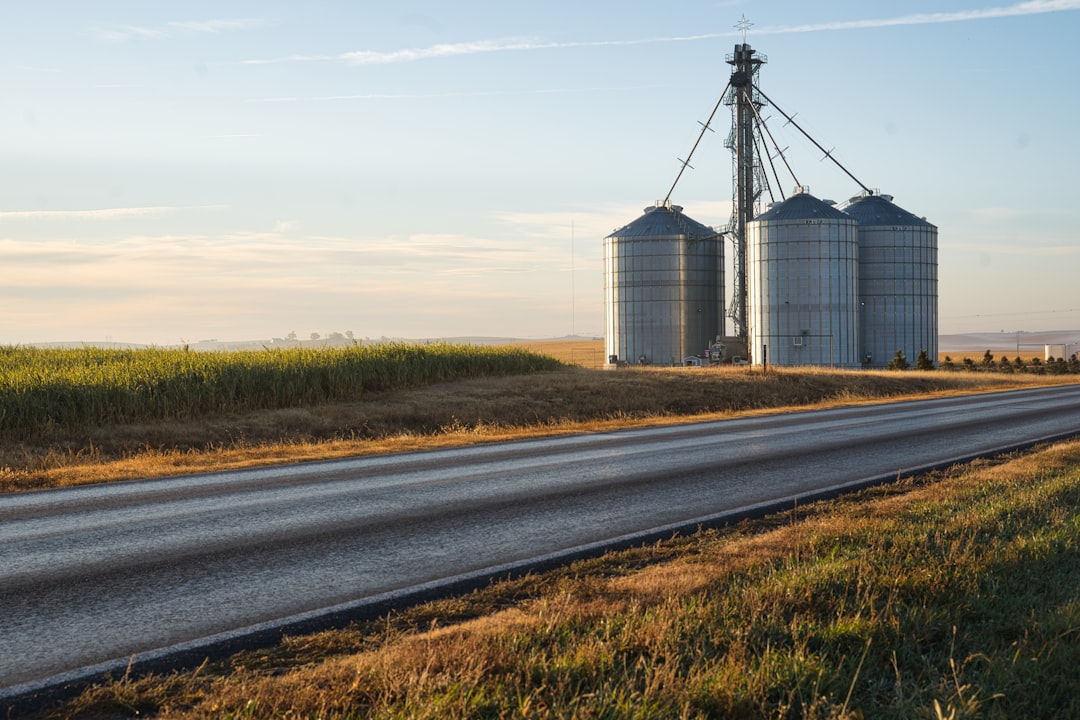Nebraska's agricultural community faces a growing robocall crisis disrupting operations and personal lives. Identifying high-risk areas, understanding seasonal trends, and community-based reporting systems are key to combat this issue. Advanced call screening tech using AI and machine learning offers protection from fraud while education empowers farmers to prevent and report robocalls.
In the midst of a growing robocall crisis in Nebraska, particularly affecting agricultural areas, this article presents Laurels Strategy for effective combat. We explore targeted approaches, from identifying high-risk regions and seasonal patterns to empowering farmers with advanced call screening technologies and crucial safety education. By implementing these community-based solutions, we aim to mitigate the impact of unwanted robocalls, ensuring a quieter, more productive environment for Nebraska’s farming communities. Search ‘robocall Nebraska’ no more—this guide has you covered.
Understanding the Robocall Crisis in Nebraska's Agriculture

In recent years, Nebraska’s agricultural community has faced a growing challenge in the form of robocalls, significantly impacting farmers and ranchers. These automated phone calls, often promoting unwanted services or products, have become a nuisance and a significant distraction for folks already juggling demanding schedules. With limited resources and time, managing these incessant calls can be overwhelming, especially considering the unique communication needs of rural areas.
The Robocall crisis in Nebraska’s Agriculture is not just about missed connections; it disrupts the daily operations and peace of mind for those who rely heavily on their phone lines for work and personal matters. Many agricultural businesses depend on clear communication for everything from marketing efforts to emergency responses, making robocalls an even greater hindrance. Addressing this issue has become a top priority, leading to the exploration of innovative strategies like Laurels’ approach.
Identifying High-Risk Areas and Seasonality Patterns

Identifying high-risk areas for robocalls in agricultural regions is a strategic first step. Areas with dense populations of farmers and agricultural businesses, like those in Nebraska, are more susceptible to these unwanted calls due to the increased availability of phone numbers. By analyzing historical call data, Laurels Strategy can pinpoint hotspots where fraudsters tend to target their campaigns. This process involves studying patterns related to time of year, as robocall activity often fluctuates with seasonal trends. For instance, certain agricultural events or sales cycles might attract more calls, making it crucial for farmers to be extra vigilant during these periods. Understanding these seasonality patterns allows for proactive measures to mitigate the impact of robocalls on Nebraska’s agricultural community.
Implementing Community-Based Reporting Systems

In the fight against robocalls in agricultural communities, a powerful tool is often overlooked: community-based reporting systems. The state of Nebraska, known for its vast farming lands, can effectively harness this strategy to mitigate the nuisance of unwanted automated calls. By empowering local farmers and residents with simple yet effective methods to report robocalls, a collective effort can be made to identify and block these persistent intruders.
Implementing such systems encourages active participation from the community. Residents can easily log and share details about suspicious calls received, including call patterns, numbers, and times. This collective data becomes a robust resource for identifying trends and blocking sources of robocalls, ensuring that agricultural areas in Nebraska remain less susceptible to these intrusive marketing tactics.
Leveraging Advanced Call Screening Technologies

In the face of escalating robocalls, particularly in agricultural areas like Nebraska, leveraging advanced call screening technologies offers a robust strategy to combat this nuisance. These cutting-edge solutions employ artificial intelligence (AI) and machine learning algorithms to identify and block automated calls before they reach their intended recipients. By analyzing patterns and characteristics of robocalls, these systems can distinguish them from legitimate calls, significantly reducing the number of unwanted interactions.
In Nebraska, where agricultural communities are often targeted by robocallers due to high land values and potential for fraud, implementing advanced call screening technologies can provide a much-needed layer of protection. These tools not only protect farmers and agribusinesses from fraudulent activities but also help preserve the peace and tranquility of rural areas that have long been plagued by these incessant calls.
Educating Farmers on Prevention and Safety Measures

In the battle against robocalls in agricultural areas, educating farmers on prevention and safety measures is a crucial step forward. Many farmers in Nebraska have reported receiving an excessive number of automated phone calls, often posing as potential buyers or offering misleading services. To counter this, local agricultural organizations and government bodies must collaborate to create awareness campaigns tailored to the farming community.
These educational initiatives should focus on empowering farmers with knowledge about robocall identification, reporting mechanisms, and best practices for protecting their personal information. By equipping farmers with these skills, they can better navigate the challenges posed by robocalls, ensuring their safety and peace of mind. Regular workshops, informational bulletins, and community meetings can serve as effective platforms to disseminate this vital knowledge among Nebraska’s farming population.






